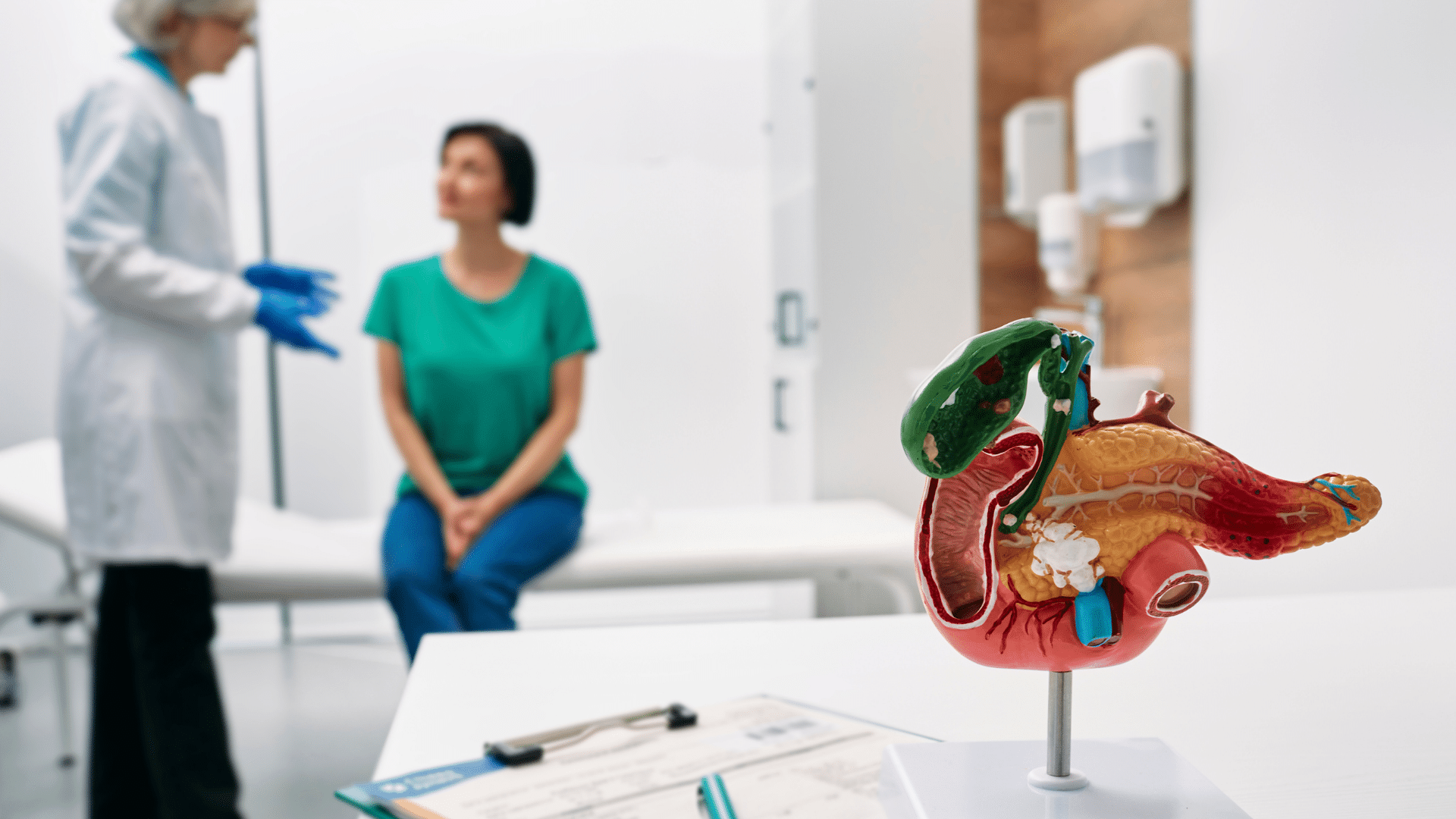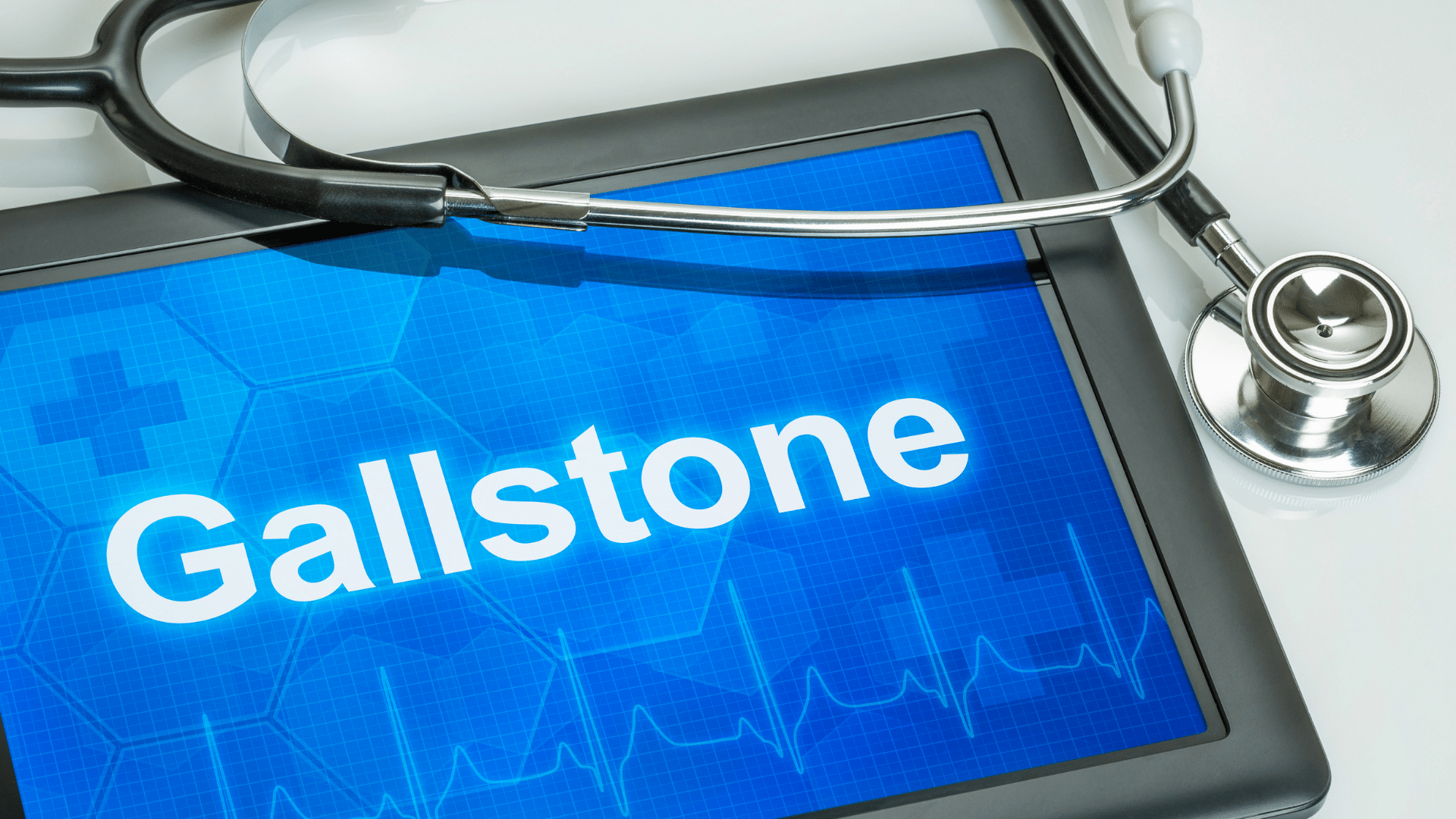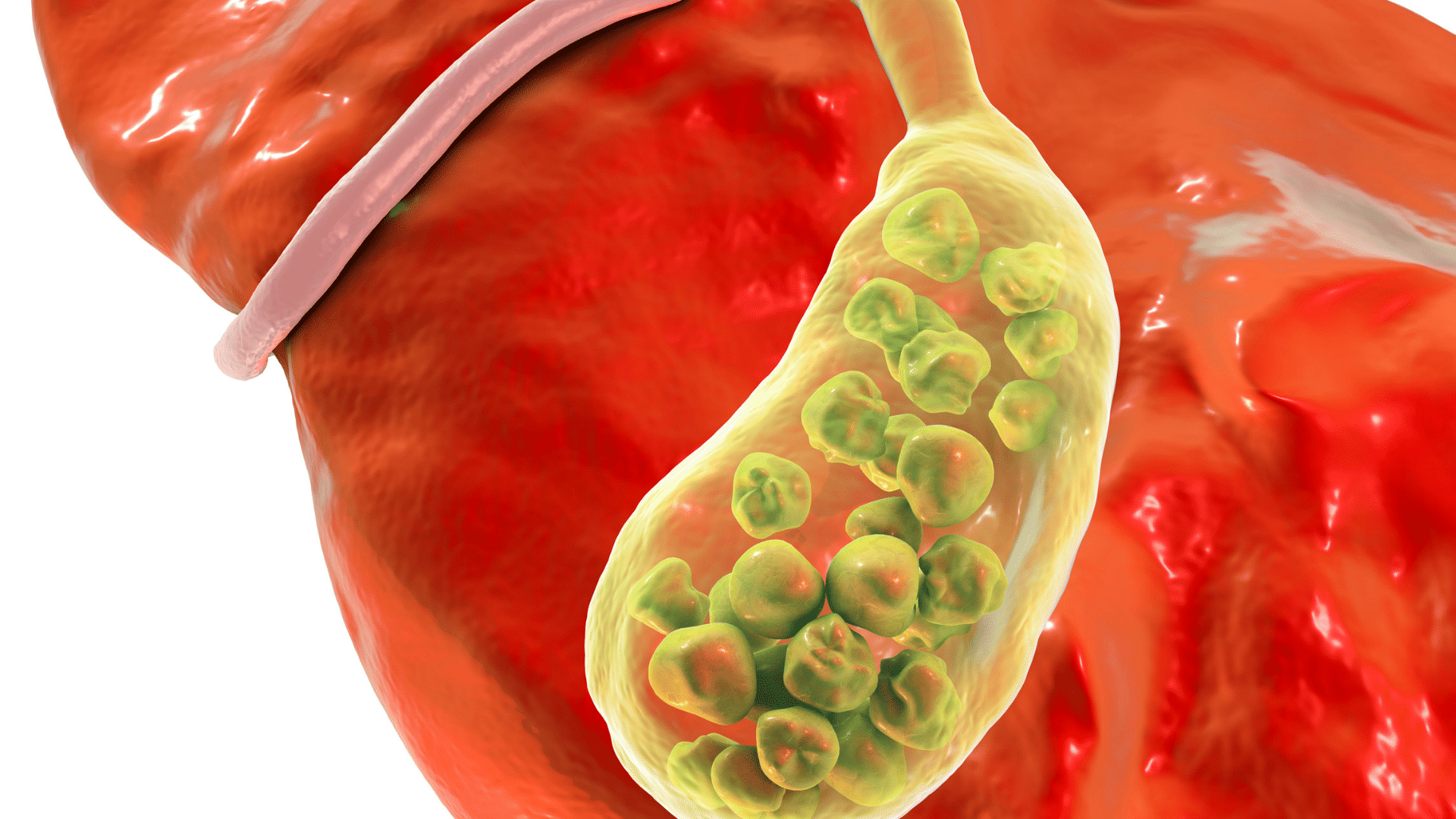Gallstone
Are you experiencing symptoms of gallstones? Gallstones can cause discomfort and interfere with your daily life, but you don’t have to suffer alone. Our gastroenterology clinic specializes in the diagnosis and treatment of gallstones, offering comprehensive services to help you find relief and improve your quality of life.


Understanding Gallstones
Gallstones are hardened deposits that form in the gallbladder, a small organ located beneath the liver. These stones can vary in size and composition and may develop due to an imbalance in the substances that make up bile, a digestive fluid produced by the liver. Gallstones can cause symptoms such as abdominal pain, nausea, vomiting, and jaundice.
Diagnostic Evaluation
Our experienced gastroenterologists will conduct a thorough evaluation to diagnose gallstones and assess their severity and potential complications. This may involve reviewing your medical history, performing physical examinations, and ordering imaging tests such as ultrasound or CT scan. Accurate diagnosis is essential for developing an effective treatment plan tailored to your needs.
Treatment Options
Treatment for gallstones depends on factors such as the size and location of the stones, as well as the presence of symptoms. In some cases, conservative management strategies such as dietary changes and medications may be recommended to help dissolve small stones or alleviate symptoms. However, if gallstones are causing significant discomfort or complications, surgical removal of the gallbladder (cholecystectomy) may be necessary. Our clinic offers both minimally invasive laparoscopic cholecystectomy and traditional open cholecystectomy procedures, performed by skilled surgeons with expertise in gallbladder surgery.
Lifestyle Modifications
In addition to medical treatment, making certain lifestyle modifications can help prevent gallstones and reduce the risk of recurrence. This may include maintaining a healthy weight, eating a balanced diet rich in fruits, vegetables, and whole grains, limiting the intake of high-fat and cholesterol-rich foods, and staying hydrated.

Schedule an Appointment
Don’t let gallstones interfere with your life. Contact our gastroenterology clinic today to schedule an appointment for evaluation and treatment. Our team is here to provide compassionate care and support to help you find relief from gallstone-related symptoms and improve your overall health and well-being.






